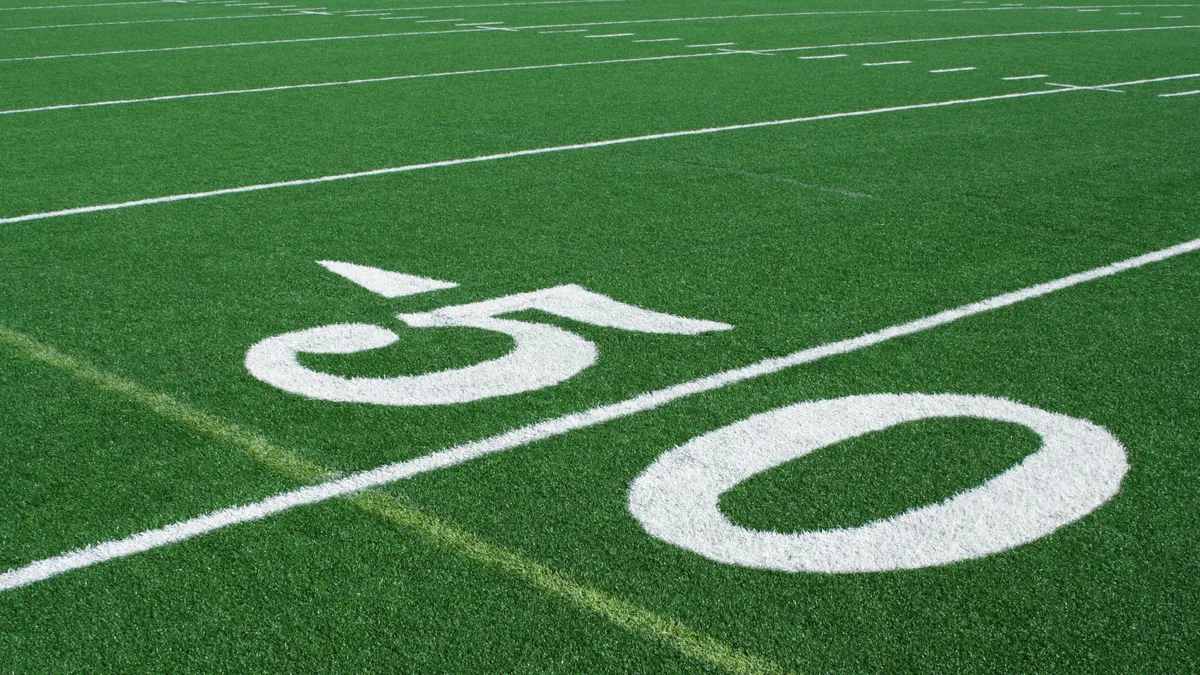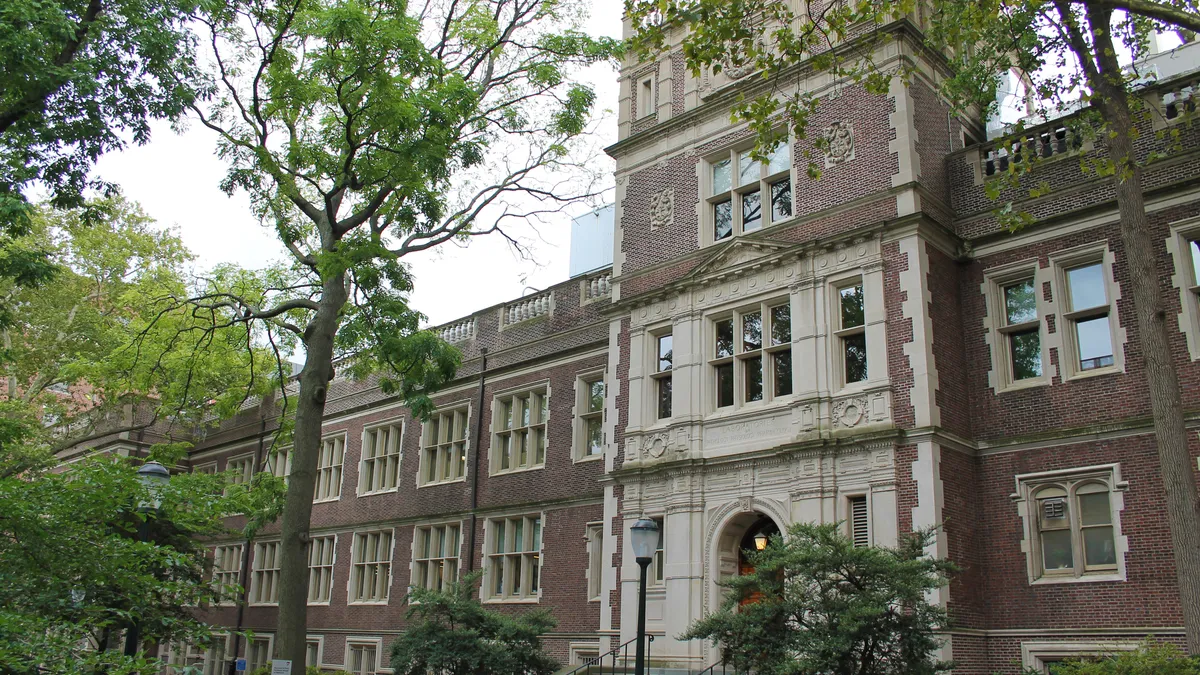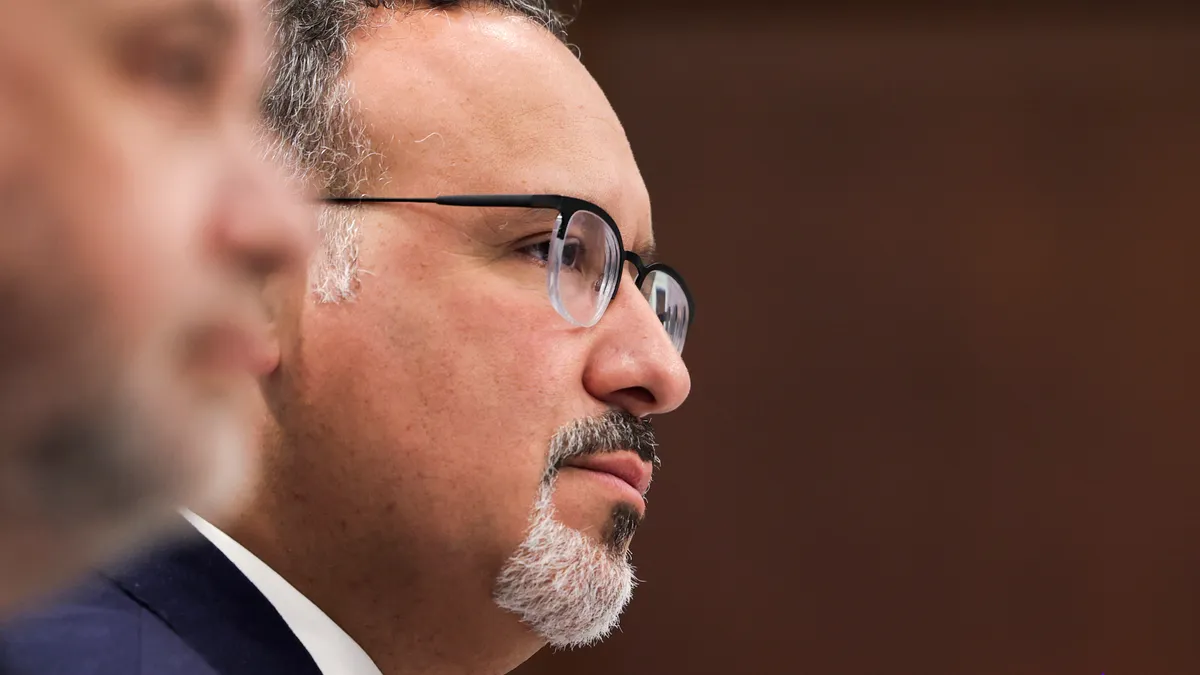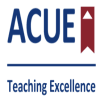Dive Brief:
- NCAA governing bodies as early as January plan to vote on policies that would dictate how college athletes would profit from their name, image and likeness.
- Under the proposal, athletes would be required to report to their institutions any NIL deal valued at a certain amount, which the NCAA suggested could be $600. They would need to do that within 30 days of striking an NIL agreement.
- Colleges would then anonymize that information and report it to the NCAA’s national office or a third party chosen by the association. The policies would also allow the NCAA to recommend use of standardized NIL contracts that the association develops.
Dive Insight:
The NCAA had long prohibited athletes from earning money off of their celebrity. This was much to the chagrin of some players and association critics who argued that athletes can rake in significant revenue for their institutions — but weren't allowed to benefit.
That changed in 2019 when California passed a law authorizing NIL arrangements, which then cascaded legislatively through other states.
This flurry of bills essentially forced the NCAA’s hand, and it formally approved use of NIL compacts in 2021.
However, the NCAA has sought a national NIL standard, in part because these state laws differ dramatically.
Some pieces of state legislation undercut the NCAA’s authority, too. Texas and Oklahoma both prohibit the NCAA from regulating NIL deals.
The NCAA’s newest proposals represent the organization further wading into the issue. Two of its groups governing Division I, the association’s highest level of competition, intend to vote on the rules in January.
Agents and financial advisers who work with athletes on NIL deals would be able to register with the association, per the proposal. The NCAA would then publish this information so athletes could gauge, for instance, how much those services cost.
Athletes may also be able to rate their experience with these agents and file grievances against them with the NCAA, under the proposal.
The NCAA also potentially wants to set up training sessions for athletes to learn about NIL, including how state and federal laws intersect with the association’s policies.
"Division I members support college athletes benefiting from the use of their name, image and likeness to the fullest extent, and in no way intend to limit their potential,” Lynda Tealer, chair of the Division I Council and University of Florida executive associate athletics director, said in a statement. “It is our hope that these changes will improve outcomes for student-athletes and help campus leaders navigate this issue with greater clarity.”











